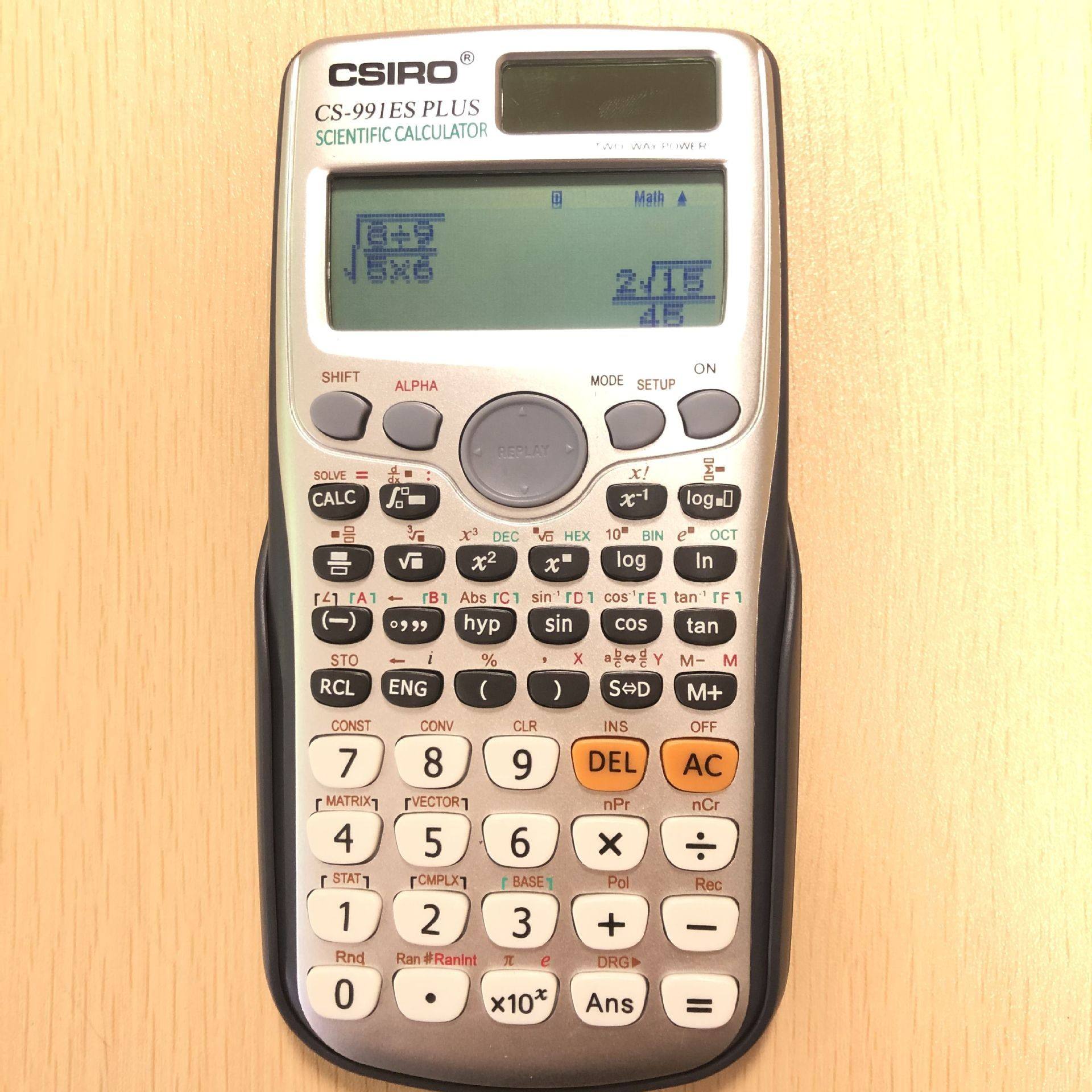The Ultimate Guide to the Best Financial Calculators for Professionals
Financial calculators are essential tools for professionals across industries like banking, investment, accounting, and personal finance. With a good calculator, you can handle complex financial tasks like calculating interest rates, mortgage payments, ROI, tax rates, and more. Here’s a comprehensive guide to the best financial calculators for professionals, broken down into categories for different needs.
1. Texas Instruments BA II Plus Professional
Best for: Investment Professionals, Financial Analysts
- Key Features:
- Time value of money (TVM) functions
- Cash flow analysis
- Advanced statistics and probability functions
- Bond price calculations
- Amortization schedules
- Customizable decimal and rounding options
- Why it’s great: The BA II Plus is a popular choice among finance professionals for its ease of use, versatility, and comprehensive set of functions. It’s especially used for investment analysis, business analysis, and accounting.
- Pros:
- Affordable compared to many other financial calculators
- Compact and durable design
- Excellent for analyzing annuities and bonds
- Cons:
- Learning curve for beginners
- Screen size is relatively small
2. HP 12C Financial Calculator
Best for: Real Estate Professionals, Mortgage Brokers
- Key Features:
- 12-digit display
- Time value of money (TVM)
- Loan and mortgage payment calculations
- Cash flow analysis
- Depreciation calculations (MACRS)
- Why it’s great: The HP 12C has been a staple in financial industries for decades. Known for its sturdy build and reliability, this calculator is especially beloved by real estate professionals for calculating mortgage payments and financing options.
- Pros:
- Extremely durable with long-lasting battery life
- Popular and widely recognized in financial industries
- Programmable keys for personalized settings
- Cons:
- Requires some time to get used to the reverse Polish notation (RPN) input system
- More expensive compared to basic financial calculators
3. Casio FC-200V Financial Calculator
Best for: Students and Entry-Level Professionals
- Key Features:
- Multi-line display
- Functions for time value of money
- Depreciation and amortization calculations
- Bond price calculations
- Built-in tax calculations
- Why it’s great: The FC-200V is a budget-friendly option with a solid set of financial functions. It’s a great option for students or entry-level professionals who need a straightforward and reliable financial calculator.
- Pros:
- Affordable price point
- Multi-line display makes it easy to follow calculations
- Good battery life
- Cons:
- Lacks some advanced functions like business and investment analysis
- Not as durable as higher-end models
4. Sharp EL-738FB Financial Calculator
Best for: Small Business Owners, Entrepreneurs
- Key Features:
- 2-line LCD display
- Advanced business functions like net present value (NPV) and internal rate of return (IRR)
- Depreciation and amortization calculations
- Loan calculations
- Why it’s great: With its combination of basic financial functions and more specialized business tools, the Sharp EL-738FB is a great option for small business owners and entrepreneurs.
- Pros:
- Affordable and good value for money
- Simple to use for common calculations
- Dual power system (solar and battery)
- Cons:
- Limited advanced financial features compared to high-end models
- Small display
5. Domain Financial Calculator (Online)
Best for: Online Financial Analysis
- Key Features:
- Accessible directly via web browser
- Offers TVM, bond, and mortgage calculations
- Built-in NPV, IRR, and profit margin tools
- No need to install software
- Why it’s great: Domain’s online financial calculator is perfect for professionals who prefer working directly on the web rather than relying on physical devices. It provides the essential functions you need for most financial tasks and is accessible from any device with an internet connection.
- Pros:
- Free to use (with paid premium features)
- No installation required, works on all devices
- User-friendly interface
- Cons:
- Lacks the versatility and speed of a physical calculator
- Dependent on internet access
6. VMware Financial Calculator (Mobile App)
Best for: Mobile Finance Professionals
- Key Features:
- TVM and financial ratio analysis
- Compound interest and annuity functions
- Built-in loan and mortgage calculators
- Multi-platform support (iOS, Android)
- Why it’s great: The VMware app is ideal for finance professionals who need to work on the go. With a mobile version of essential financial tools, it allows users to make quick calculations anytime and anywhere.
- Pros:
- Portable and accessible from mobile devices
- User-friendly interface
- Works offline after initial download
- Cons:
- Somewhat limited features compared to more advanced physical calculators
- Requires a subscription for full access
7. Financial Calculator Pro (App)
Best for: Personal Finance Management
- Key Features:
- Personal loan, mortgage, and retirement calculators
- Investment tools for calculating ROI and compound interest
- Savings goal tracker
- Portfolio analyzer
- Why it’s great: If you’re looking to manage personal finances or retirement planning, Financial Calculator Pro is an excellent tool. With intuitive interfaces and easy-to-understand results, it’s perfect for individuals or financial planners helping clients with their finances.
- Pros:
- Simple, easy-to-use interface
- Affordable pricing for the features offered
- Works well for personal finance tasks
- Cons:
- Limited advanced features for professional-level finance work
- More suitable for personal use rather than business finance
Final Thoughts
When choosing a financial calculator, consider your specific needs. If you’re a professional working with high-level investment analysis or advanced business financials, the Texas Instruments BA II Plus Professional or HP 12C are likely your best options. For beginners or students, calculators like the Casio FC-200V or Sharp EL-738FB offer great value at lower price points.
If you’re always on the go, mobile apps and online calculators offer convenience, but they may not have all the functions of a physical calculator. Whatever your choice, these tools will make complex financial calculations much easier and help you make informed decisions.

















